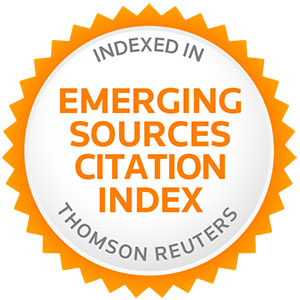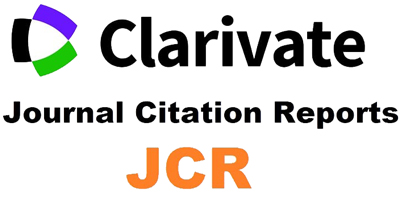Advances in Distributed Computing and Artificial Intelligence Journal
Special Issue on Demand Response and Renewable Energy Sources in Smart Grids
Scope
Smart Grid concepts are rapidly being transferred to the market and huge investments have already been made in renewable based electricity generation and in rolling out smart meters. However, the present state of the art does not ensure neither a good return of investment nor a sustainable and efficient power and energy system.
A closer attention to the demand side and to its interaction with the new methods for smart grid management are particularly important to pave the way towards sustainable and efficient smart grids. Widespread and efficient demand response has a huge value as an enabler for the intensive use of renewable energy generation, which is highly dependable of uncontrolled factors (such as wind and solar radiation). The variability of renewable generation can, thereby, be balanced by the consumption flexibility.
Demand response programs framed by adequate business models will play a key-role by gathering the available demand flexibility. Demand flexibility should be adequately managed in coordination with the remaining energy resources, including distributed generation and storage, and ensuring the fair remuneration of consumers.
The complexity and dynamic nature of these problems requires the application of advanced solutions to enable the achievement of relevant breakthroughs in the state of the art. Artificial intelligence and distributed computing systems are, consequently, being increasingly embraced as a valuable solution.
This special issue aims at bringing together the most recent and innovative work in the fields of demand response and renewable energy sources integration in power and energy systems. Special relevance is indorsed to solutions involving the application of artificial intelligence approaches, including agent-based systems, data-mining, machine learning methodologies, forecasting and optimization, especially in the scope of smart grids and electricity markets.
Keywords
Artificial Intelligence; Demand Flexibility; Demand Response; Energy Resources Management; Electricity Markets; Multi-Agent Systems; Renewable Energy; Smart Grids
Submission Topics
- Agent-based Approaches for Smart Grid and Microgrid Management
- Agent-based Building Management Systems
- Agent-based methods for Demand Management
- Big Data Applications for Energy Systems
- Coalitions and Aggregations of Smart Grid and Market Players
- Consumer Profiling
- Context Aware Systems
- Data-Mining Approaches in Smart Grids
- Decision Support Approaches for Smart Grids
- Demand Response Aggregation
- Demand Response Integration in the Market
- Demand Response Remuneration Methods
- Energy Resource Management in Buildings
- Innovative Demand Response Models and Programs
- Innovative Energy Tariffs
- Intelligent Resources Scheduling in Smart Grids
- Load Forecast
- Machine Learning for Demand Response integration in Smart Grids
- Market Models for Variable Renewable Energy
- Other Artificial Intelligence-based Methods for Demand Management
- Phasor Measurement Units Applications
- Renewable Energy Forecast
- Smart Sensors and Advanced Metering Infrastructure
Important Dates
- Deadline for full paper submission: 1st September 2018
- Notification of acceptance: 30th November 2018
- Camera-Ready papers: 20th December 2018
- Publication: 10th January 2019
Organizing Committee
- Amin Shokri Gazafroudi, University of Salamanca
- Juan Manuel Corchado, University of Salamanca
- Pedro Faria, Polytechnic of Porto
- Tiago Pinto, University of Salamanca
- Zita Vale, Polytechnic of Porto
















